By Francesca Peretti, Legal Intern at the Division for Ocean Affairs and the Law of the Sea of the Office of Legal Affairs
The Ocean covers more than 70% of our Planet’s surface and provides us with its natural “blue capital” and essential ecosystem services, including food, energy, culture and climate regulation. A healthy ocean is our best ally in achieving several Sustainable Development Goals for the future we want. However, the world’s ocean is facing unprecedented challenges which are reducing its capacity to support healthy ecosystems, and the goods and services that we all benefit from. This requires us to move from a “business-as-usual” approach to embrace blue solutions that benefit people, nature and the economy.
A sustainable Blue Economy puts economic efficiency, social inclusion and environmental sustainability at the heart of established and emerging ocean industries, including fisheries and aquaculture, shipping, renewable energy, and coastal tourism. Ocean-based industries play a key role in the world economy. The OECD estimates that the ocean economy’s value added to the global economy would reach US$ 3 trillion in 2030 and employ 40 million people. A transition to inclusive and sustainable Blue Economies offers unmissable opportunities for economic and social growth for all States, particularly Small Islands Developing States (SIDS), to recover “bluer” from the current global economic crisis, while ensuring the long-term productivity and health of our ocean.
The overarching framework for managing ocean space, resources, and activities is the 1982 United Nations Convention on the Law of the Sea (UNCLOS), referred to as the “Constitution for the Oceans”. Through a holistic and integrated approach to ocean issues, this universally accepted treaty accommodates different uses of the ocean for economic and social development purposes, while balancing the need to protect and preserve the marine environment, laying the foundations for a global framework for ocean governance.
The effective implementation of the Convention is necessary for the transition to sustainable ocean economies and the achievement of SDG14. UNCLOS sets the “rules of the game” by establishing and balancing the rights and interests of States within clear maritime zones, where Integrated Ocean Management tools, such as Marine Spatial Planning, can be implemented both within and beyond areas of national jurisdiction to prevent activities from colliding for space. Consequently, the Convention provides the necessary legal certainty that allows States to manage ocean space, resources, and activities, while promoting and facilitating international and regional cooperation in critical cross-cutting sectors, such as marine scientific research and transfer of marine technology. The unique Dispute Settlement mechanism further ensures the maintenance of this necessary equilibrium, allowing States to protect their rights and interests and, consequently, encouraging long-term investment in the development of sustainable ocean-based economies.
